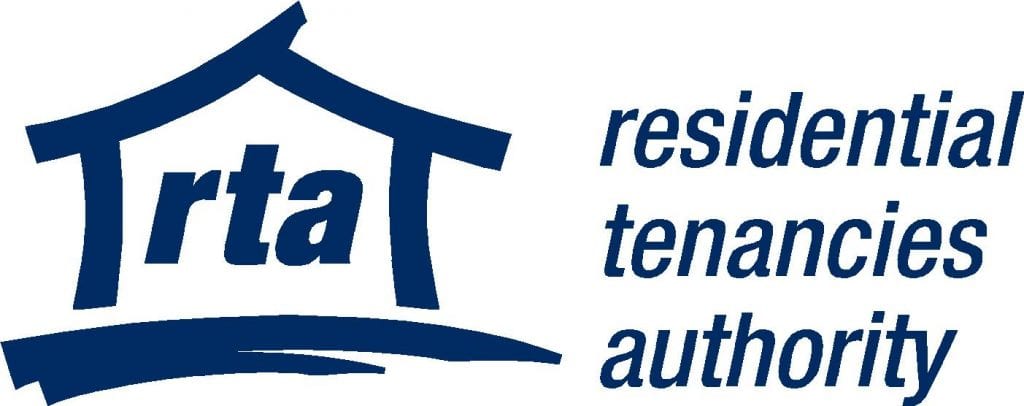
Are you considering breaking your lease? It’s important to understand your rights and obligations as a tenant before making this decision. In this blog post, I’ll discuss the process of terminating a fixed-term tenancy and the relevant legislation that applies.
Understanding Your Tenancy Agreement
When you sign a fixed term agreement, you are signing a legal contract under which you agree to maintain the premises and rental payments for an agreed minimum period. If you terminate your tenancy and leave before the end of the fixed term agreement, you may be liable to pay compensation to the Lessor for reasonable costs or reletting costs as a result of breaching the contract.
The first step is to review your General Tenancy Agreement (Form 18a). Pay close attention to Clause 7, which outlines the costs that apply to early ending of fixed term agreement. Keep in mind that older agreements may have different terms, so it’s crucial to refer to your specific contract.
THE LEGISLATION

From 30 September 2024, legislation changes were implemented regarding costs that apply to ending a tenancy early.
However, Tenancy Agreements entered into before the proclamation (above), that include a term requiring tenants to pay reasonable costs for reletting the premises and comply with the requirements of the previous section (s357A (1)) will be considered compliant under the new Act and will still apply at the agreement end date.
What does that mean?
Simply put, your lawful requirements will be dependant on Clause 7 of your Tenancy Agreement, which will state either:
a) The tenant must pay the reasonable costs incurred by the lessor in reletting the premises; or
b) The tenant must pay the reletting costs under section 357A(3).
Reasonable costs incurred
Subject to the Lessor’s instructions, compensation may be sort for:
- Payment of rent until another tenancy is secured, or the lease expiry, whichever comes first
- Breach of Agreement at the end of your tenancy – such as Repairs, Cleaning, Lawn & Garden Maintenance, etc
- Break Lease Fees, such as Agent Letting Fees
- Advertising expenses to re-let the property
Any compensation, or payment options for the amount, should be discussed between the tenant and the property manager (this could include how the bond is to be paid out).
Reletting costs for fixed-term agreements are calculated based on how much of the lease has expired. The specific reletting costs depend on how much of the agreed tenancy duration has passed when a tenant/resident vacated:
| % of lease that has expired | Reletting Cost |
|---|---|
| Less than 25% | 4 weeks rent |
| 25% to less than 50% | 3 weeks rent |
| 50% to less than 75% | 2 weeks rent |
| 75% or more | 1 weeks rent |
For agreements up to 3 years it’s the lower amount of the specified reletting costs or the rent until a new tenant/resident moves in.
THE PROCESS
- Notify your Property Manager, in writing, providing as much notice as possible.
- Issue your Property Manager a Form 13 Notice of Intention to Leave, providing a minimum of 2 weeks notice, as lawfully required under the Act.
- Discuss your situation with your Property Manager and try to reach an agreement on the terms of your lease break, such as any compensation payable.
- If you can’t reach an agreement, you can apply to the Queensland Civil and Administrative Tribunal (QCAT) for an order to terminate your tenancy due to excessive hardship.
- Return the property to a similar condition it was in at the commencement of your tenancy, fair wear & tear excepted
- Complete the Handover Procedure
- Arrange payment of any outstanding rent, bills, or compensation.
SEEKING ADVICE
Breaking a lease in Queensland can be a complex process, but understanding your rights and obligations under the legislation and your tenancy agreement can help you navigate it with more confidence. Remember to communicate openly with your Property Manager, mitigate losses where possible, and seek advice if needed.
If you’re unsure about your rights and obligations when breaking a lease, consider seeking advice from a tenancy support service like the RTA, Tenants Queensland or QStars. They can provide free, expert advice tailored to your situation.
Updated and current as of 15/10/2024 – subject to legislation changes.









